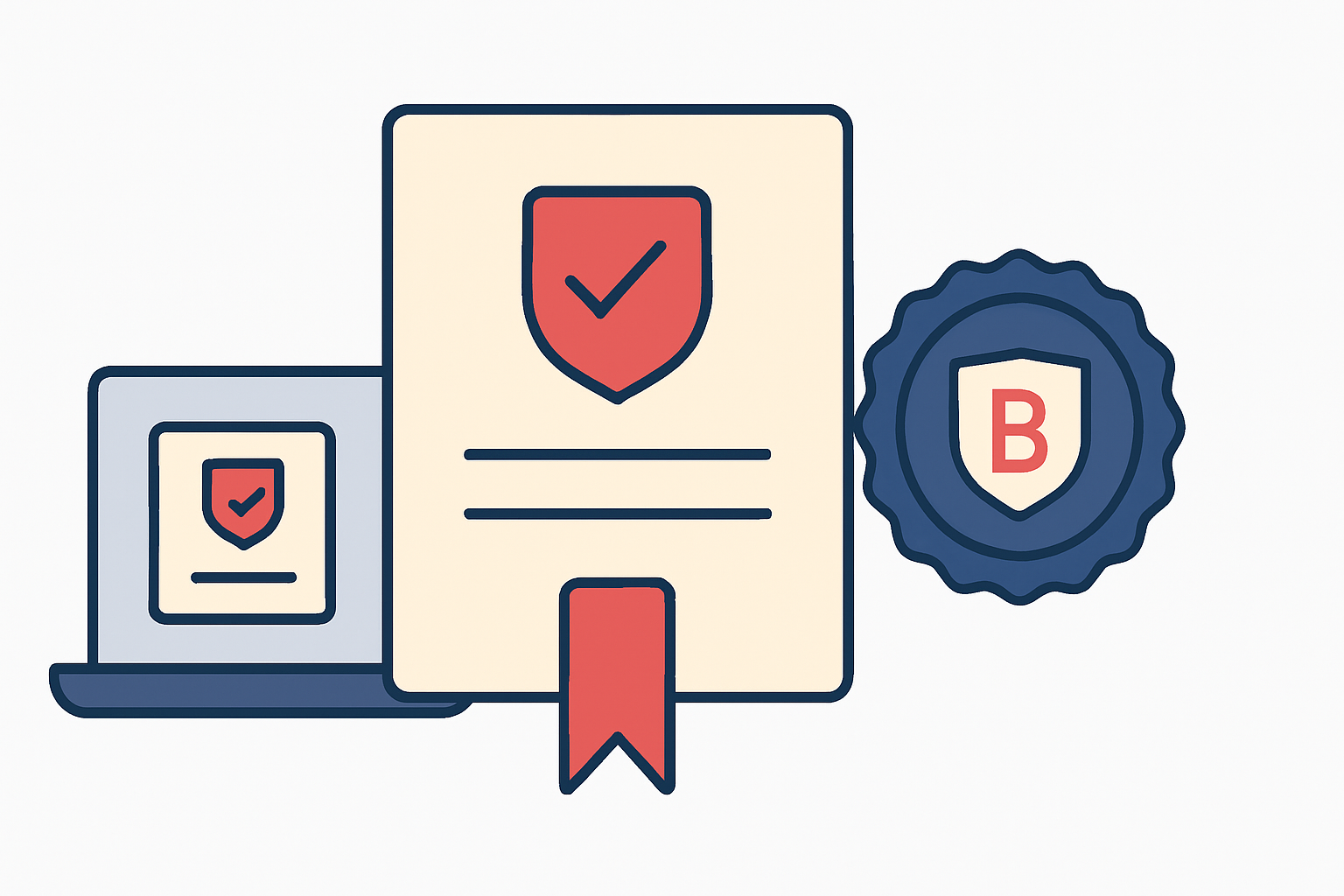Micro-Certifications: The Future of Online Learning

Traditional degrees have long been viewed as the primary path to career advancement, but they come with significant challenges: high costs, years of study, and a curriculum that often struggles to keep up with industry demands. Many professionals are finding that by the time they graduate, their knowledge may already be outdated. For learners who want immediate, industry-relevant skills, the traditional approach simply can’t keep pace.
This is where micro-certifications, online credentials, and digital badges step in. By offering targeted, skills-based recognition that’s faster, more affordable, and directly aligned with employer needs, they’re redefining how individuals both learn and showcase their expertise. For organizations and training providers, platforms like Audiorista make it possible to transform existing course content into subscription-based apps that seamlessly deliver credentials. Audiorista’s no-code platform enables educators and businesses to quickly package and monetize their audio or mixed-media courses, while integrating digital credentialing to enhance learner engagement and professional value. In this article, we’ll explore why micro-certifications matter, the benefits they bring to learners and institutions, how they compare to traditional degrees, and the reasons they’re poised to remain a cornerstone of the future of online learning.
Why micro-certifications matter
Micro-certifications, sometimes referred to as online credentials or digital badges, are compact educational experiences that focus on a specific skill or competency. Unlike multi-year degree programs, they are structured around delivering immediate, applicable knowledge that aligns with industry requirements. Completion is validated through a credential or badge that can be shared with employers digitally.
The growing demand for these programs is driven by two key groups: professionals and employers. Professionals are seeking efficient ways to upskill or reskill without putting their careers on hold, while employers want tangible evidence of practical abilities rather than abstract qualifications. Micro-certifications serve as a bridge, connecting what learners need to demonstrate with what hiring managers want to see.
Benefits for learners and educators
The appeal of micro-certifications lies in their ability to balance accessibility with credibility. For learners, the benefits include:
- Flexible learning
- Affordable
- Employer recognition
Learners can fit these programs into their schedules without making major sacrifices, ensuring that advancing in their profession doesn’t require stepping away from it. The affordability of micro-certifications also makes acquiring new skills realistic for a broader audience. Finally, because they’re designed to reflect industry needs, they carry significant recognition with employers.
For educators and training providers, micro-certifications offer a scalable model that can serve both students and the workforce. Instead of relying only on long-form degree programs, instructors can create modular courses that address immediate skills gaps while expanding their reach globally. Educators can learn more about building micro-credential experiences with Audiorista’s tools for educators, which make it simple to package training into credential-ready digital formats. Audiorista’s no-code builder, customizable content delivery, and integrated monetization options empower educators to efficiently launch and manage micro-certification programs—enabling seamless distribution, analytics, and learner engagement tools from a single dashboard.
Micro-certifications compared to traditional degrees
Although traditional degrees maintain their value in many industries, especially in fields requiring deep theoretical grounding or formal accreditation, they differ sharply from micro-certifications when it comes to costs, time investment, and career return on investment. Degrees often require several years of study and significant tuition fees. By contrast, micro-certifications can be earned in weeks or months at a fraction of the price.
Career ROI is another crucial distinction. A degree provides broad knowledge but may delay entry into the workforce or advancement in specific skills-based roles. Micro-certifications allow learners to build a portfolio of achievements that can be continually updated as industries evolve. In many cases, professionals find the greatest success by combining both approaches—earning degrees for foundational knowledge while layering in micro-certifications to demonstrate ongoing relevance in their field.
The role of digital badges
One of the most visible components of micro-certifications is the digital badge. This visual representation of achievement proves skills acquisition in a format that can be embedded directly into resumes, digital portfolios, and professional networks like LinkedIn. Unlike a traditional certificate file or transcript, a digital badge is verifiable and instantly shareable, providing real-time proof of expertise to employers and peers alike.
Employers increasingly look to these badges as a direct signal of competence. Because many badges are issued in partnership with industry stakeholders or aligned with specific workforce requirements, they offer more immediate evidence of job readiness than a general credential might. For professionals committed to standing out in a competitive job market, leading with validated digital badges is rapidly becoming standard practice.
The future of online learning
Market trends show sustained growth in online education, with a significant shift toward skills-first learning models. As industries continue to transform, employers are prioritizing agility and adaptability, making continuous upskilling essential for professionals at every stage of their careers. Micro-certifications are uniquely positioned to fulfill this demand, offering credentials that are both practical and adaptable.
The adoption rate among employers highlights their staying power. Organizations that once relied exclusively on degrees are now openly recognizing the value of verified micro-credentials, integrating them into their hiring and promotion processes. This trend is also reshaping how educators and course creators design and deliver learning. Forward-thinking course creators are even turning their training into subscription-based experiences, as highlighted in our guide on turning your online course into a subscription-based app. Audiorista’s platform supports this shift by providing the infrastructure to monetize content, deliver digital credentials, and engage learners through branded mobile and web apps—making it easier than ever for educators to build sustainable, scalable online learning businesses.
Ultimately, the future of online education will be defined by how quickly learners and providers adapt to skills-first education models. With tools that simplify credential delivery and scale, it’s possible for educators and organizations to meet market demand while giving learners recognition that’s both timely and respected.
Ready to launch your own micro-certifications? Use Audiorista to transform your content into a subscription-based app and start awarding digital credentials today.


